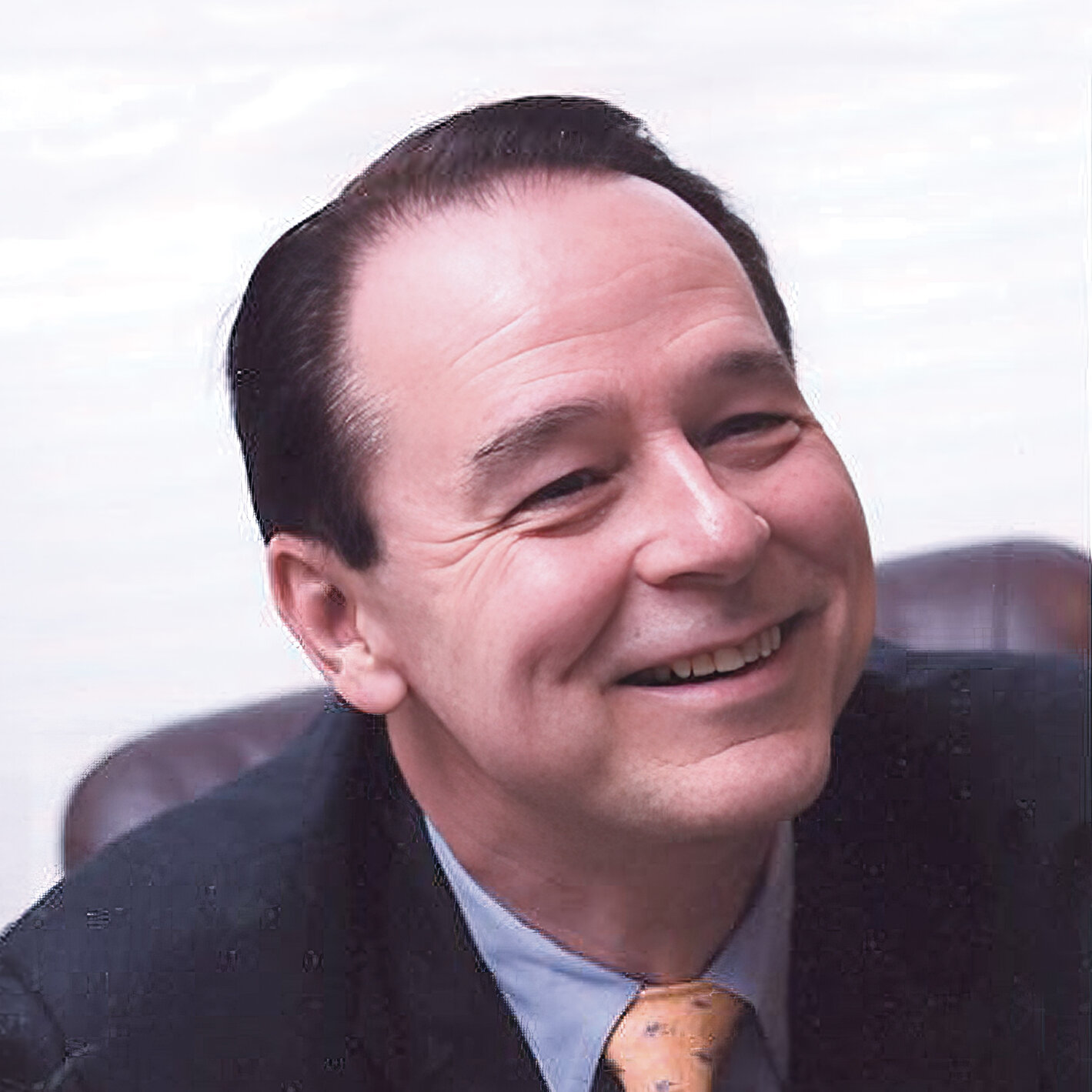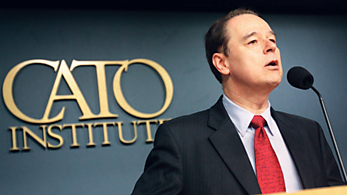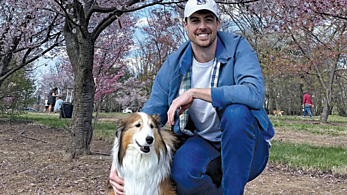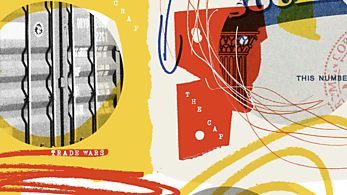David Boaz made me a libertarian.
It was October 1980. We were on the tarmac of the small airport outside Missoula, Montana. I made a wise-guy crack, and David turned it into a political education.
I was covering the presidential campaign for the Washington Post that fall, and I mentioned to my editor that I was getting bored. All the major candidates—Ronald Reagan, Jimmy Carter, and John Anderson, a serious third-party contender—had reached the point where they gave the same speech over and over, several times a day. As I told my boss, I knew just about every sentence before they uttered it.
The editor responded with a laugh—and a good idea. “You know, we really ought to do a piece on that Libertarian Party guy. Why don’t you go out with him for a few days?”
And so I found myself flying around Idaho and Montana in a small plane with Ed Clark, the Libertarian candidate that year, and his brilliant young speechwriter—none other than David Boaz.
The plane would touch down in Boise or Butte or Billings, and we would ride in some local volunteer’s car to the auditorium or school gym where Clark would give a speech. I was impressed to see that Boaz produced a different talk for the candidate at each venue.
As the plane was landing at Missoula, Clark turned to Boaz and said, “Which speech should I give here?” David took a minute to think about it, so the wise-guy reporter—me—piped up: “Why don’t you tell them,” I said with maximum sarcasm, “how you Libertarians want to legalize heroin?”
To my astonishment, David pronounced this an excellent idea. He dug through his folder and handed Clark a file. “Yeah,” David said, “let’s do the Three Ps speech.”
We motored to the venue, and Clark opened his talk with a striking declaration. “Tonight I’m going to explain why government should stop regulating pot, porn, and prostitution,” he said. “And if you find yourself agreeing with me, whether you know it or not, you’re a libertarian.”
And then Clark launched into David’s defense of the Three Ps.
“Suppose a responsible adult wants to try marijuana?” Clark asked. “Why is that the government’s business? As John Stuart Mill said, ‘Over his own mind and his own body, the individual must be sovereign.’ What you put in your body should be up to you.
“As for pornography,” Clark continued, “do you really want some government bureaucrat telling you what books to read, what movies to see? Isn’t that your decision to make?”
With that, the candidate moved on to the third P. “Prostitution is one of the world’s oldest businesses,” Clark noted calmly. “And as long as it is a willing contract, a joint agreement between consenting adults, why should government get in the way?”
By this time, the audience in Missoula—as you might expect of a group of Montanans who had turned out for a Libertarian political rally—was cheering wildly.
And I, too, found myself nodding in agreement. In David Boaz’s fluid prose, it all made sense to me. Two weeks later, to my surprise, I found myself voting for Ed Clark for president.
Not long after that, David Boaz was one of the first scholars of a scrappy new organization called the Cato Institute. Over the next four decades, his books and speeches and columns set forth libertarian principles with the same clear and convincing logic that he applied to the Three Ps.
—T. R. Reid, author and former Washington Post journalist
CORRECTION: This letter originally stated that David Boaz was one of the founders of the Cato Institute. The letter has been corrected to reflect when David joined Cato.





